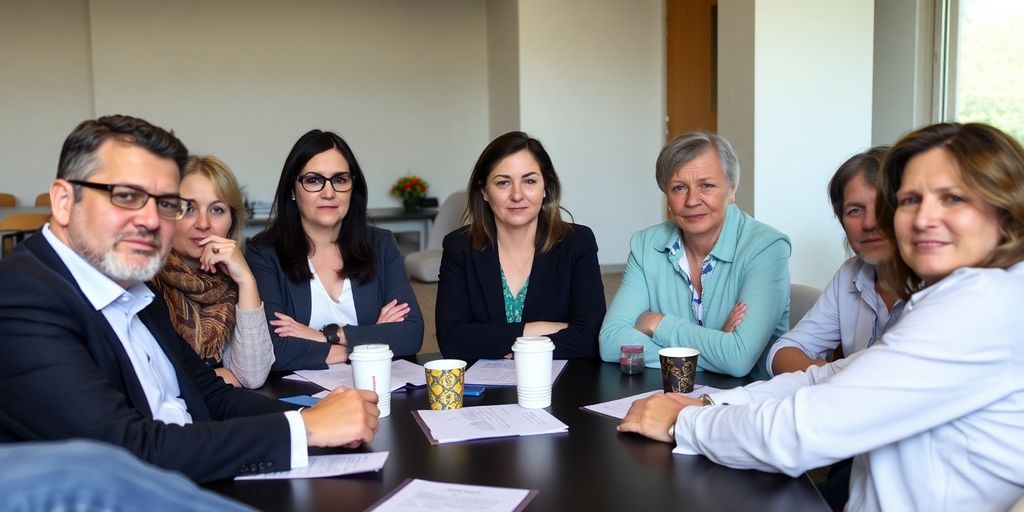More than $72 million in USAID funding allocated for North Macedonia has been frozen following a suspension of foreign aid by President Trump. This decision has sparked significant concern among non-governmental organizations (NGOs) in the country, who fear for the future of their ongoing and planned projects.
Key Takeaways
- Over $72 million in USAID funding is currently frozen.
- The freeze is a result of President Trump’s suspension of foreign aid.
- NGOs in North Macedonia are worried about the impact on their projects.
Background of the Funding Freeze
The recent decision to freeze USAID funding comes amid broader discussions about foreign aid and its implications for countries like North Macedonia. The funding was intended to support various initiatives, including economic development, education, and healthcare.
Impact on NGOs
The suspension of these funds has left many NGOs in North Macedonia in a precarious position. Here are some of the potential impacts:
- Project Delays: Many organizations rely on this funding to initiate or continue their projects. The freeze could lead to significant delays in project timelines.
- Job Losses: With funding on hold, NGOs may be forced to reduce their workforce, leading to job losses in the sector.
- Community Services at Risk: Various community services that depend on NGO funding may be jeopardized, affecting vulnerable populations.
Reactions from NGOs
NGOs across North Macedonia have expressed their concerns regarding the funding freeze. Many leaders have voiced their fears about the long-term implications for their work and the communities they serve. Some key reactions include:
- Calls for Dialogue: NGO leaders are urging the government to engage in dialogue with U.S. officials to resolve the funding issues.
- Advocacy for Continued Support: Organizations are advocating for the importance of continued U.S. support in fostering stability and development in North Macedonia.
Future Prospects
The future of USAID funding in North Macedonia remains uncertain. As the situation develops, NGOs are closely monitoring any changes in U.S. foreign aid policy. The following factors will likely influence the outcome:
- Political Climate: Changes in the political landscape in the U.S. could lead to a reassessment of foreign aid priorities.
- Public Advocacy: Increased public awareness and advocacy efforts may pressure decision-makers to reconsider the funding freeze.
Conclusion
The freezing of over $72 million in USAID funding poses significant challenges for NGOs in North Macedonia. As these organizations navigate the uncertain landscape, the need for continued support and dialogue with U.S. officials becomes increasingly critical. The outcome of this situation will not only affect the NGOs but also the communities that rely on their services for development and support.






